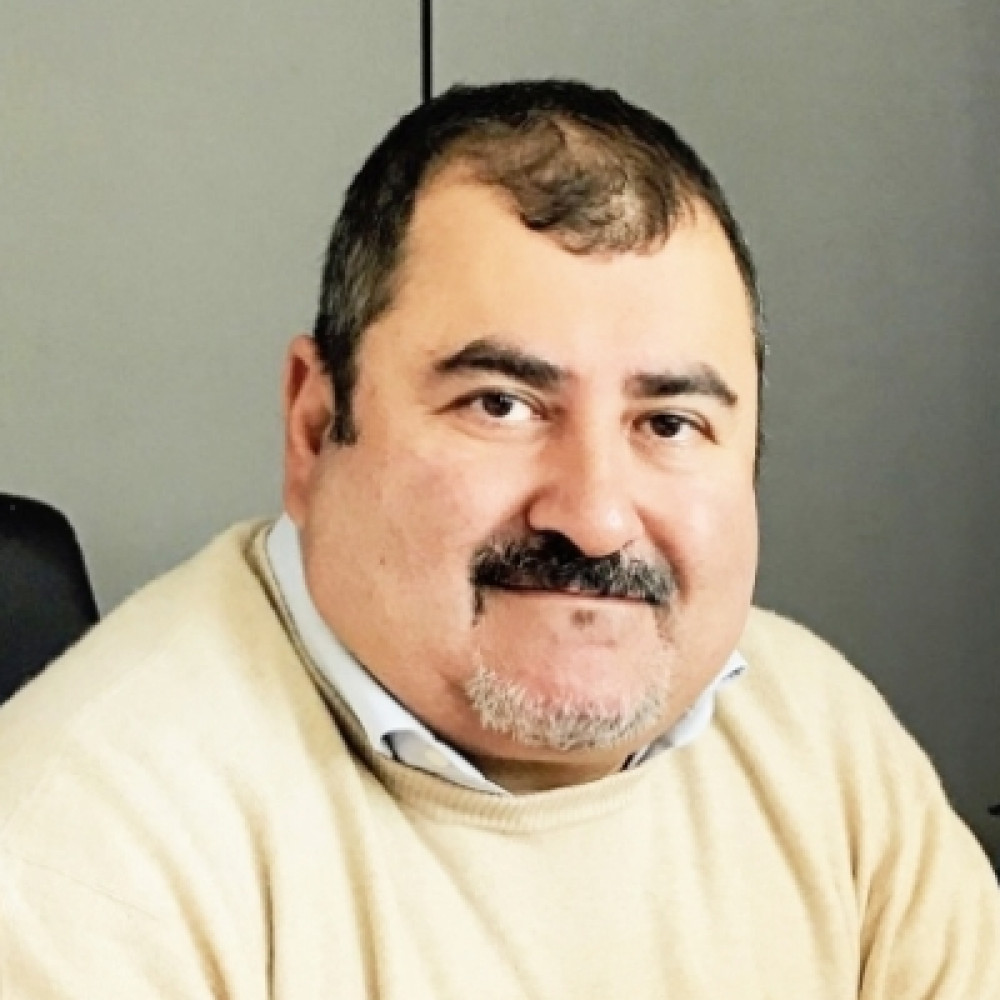
Lucio Pastore
Lucio Pastore, MD, PhD, is Professor of Clinical Biochemistry and Molecular Biology at the Dipartimento di Medicina Molecolare e Biotecnologie Mediche of the Università di Napoli Federico II and group leader at CEINGE-Biotecnologie Avanzate. He is the coordinator of the Master degree (Laurea Magistrale) in Medical Biotechnology of the Università di Napoli Federico II and Manager of R&D and startup at CEINGE-Biotecnologie Avanzate. He is currently the Director of the Centro Interuniversitario di Studio della longevità, delle malattie genetiche e multifattoriali e dei loro modelli animali e cellulari of the Università di Napoli Federico II and founder of Kimera, a biotech startup company.
Lucio Pastore is author of more than 80 original articles on peer-reviewed journals and has carried most of his research activities on gene therapy of metabolic diseases with a particular focus on genetically-determined forms of atherosclerosis using chemically modified-adenoviral vectors; more recently he has been involved in the development of novel oncolytic vaccines based on adenoviral vectors. He has also identified the role of a number of genes and protein in osteoblast differentiation of bone marrow stromal cells for possible applications to regenerative medicine. His clinical diagnostic activity is focused on the identification of genomic alterations using techniques such as comparative genomic hybridization array.
Our lab is mainly involved gene therapy of metabolic diseases with a particular focus on genetically-determined forms of atherosclerosis using chemically modified-adenoviral vectors; more recently, we have been involved in the development of novel oncolytic vaccines based on adenoviral vectors. We have also identified the role of a number of genes and protein in osteoblast differentiation of bone marrow stromal cells for possible applications to regenerative medicine.
- Development of innovative strategies for gene therapy of familial hypercholesterolemia
Familial hypercholesterolemia (FH) is a genetic hyperlipidemia characterized by elevated concentrations of plasma LDL cholesterol. Gene therapy approaches for FH are of increasing interest since they may represent a definitive or long-lasting cure for patients. In the past, we developed safe and effective gene therapy strategies for the expression of anti-atherogenic proteins using PEGylated helper-dependent adenoviral (HD-Ad) vectors. We recently developed a HD-Ad vector for the expression of the soluble form of the extracellular portion of the human LDL receptor (LDLR) fused with a transferrin dimer (LDLR-TF); this transgene allows intramuscular administration dramatically improving the safety profile.
- Identification of determinants of efficacy of oncolytic vaccines as biomarkers and tools for improvement of therapeutic strategies
Oncolytic viruses have been demonstrated to stimulate antitumoral immune response. Many studies have shown that intestinal microbiota can affect immunotherapy outcome: in fact, stimulatory interactions between microbiota and host immune system point to Bifidobacterium as a positive regulator of antitumor immunity in vivo by promoting pro-inflammatory signals in innate immune cells. We are evaluating the role of gut microbiota in modulating oncolytic virus-based immunotherapy and its possible role as prognostic marker.
- Identification of genes involved in osteoblast development of bone marrow stromal cells and elucidation of their role and possible translational applications
Osteogenesis is a complex and still poorly understood biological process regulated by intrinsic cellular signals and extrinsic micro-environmental stimuli from the surrounding stem cell-niche. We have performed a screening with an RNA interference-based approach and silenced a large number of genes during osteoblast differentiation of a murine MSC-derived cell line (W20-17). With this procedure we identified several candidate genes including Osteoblasts Inducer (ObI-1), a novel transcription factor necessary for the differentiation process.
Barbara Lombardo, PhD
Eleonora Leggiero, PhD
Lorella Tripodi, PhD student
Maria Vitale, PhD student
Salvatore Russo, student
Angelo Zanniti, student
1. Querques F, D'Agostino A, Cozzolino C, Cozzuto L, Lombardo B, Leggiero E, et al. Identification of a Novel Transcription Factor Required for Osteogenic Differentiation of Mesenchymal Stem Cells. Stem Cells and Development. 2019;28:370–83.
2. Feola S, Capasso C, Fusciello M, Martins B, Tähtinen S, Medeot M, et al. Oncolytic vaccines increase the response to PD-L1 blockade in immunogenic and poorly immunogenic tumors. OncoImmunology. 2018;7.
3. Wonganan P, Clemens CC, Brasky K, Pastore L, Croyle MA. Species differences in the pharmacology and toxicology of PEGylated helper-dependent adenovirus. Mol. Pharm. 2011;8:78–92.
4. Leggiero E, Labruna G, Iaffaldano L, Lombardo B, Greco A, Fiorenza D, et al. Helper-dependent adenovirus-mediated gene transfer of a secreted LDL receptor/transferrin chimeric protein reduces aortic atherosclerosis in LDL receptor-deficient mice. Gene Ther. 2019;26:121–30.
5. Leggiero E, Astone D, Cerullo V, Lombardo B, Mazzaccara C, Labruna G, et al. PEGylated helper-dependent adenoviral vector expressing human Apo A-I for gene therapy in LDLR-deficient mice. Gene Ther. 2013;20:1124–30.
